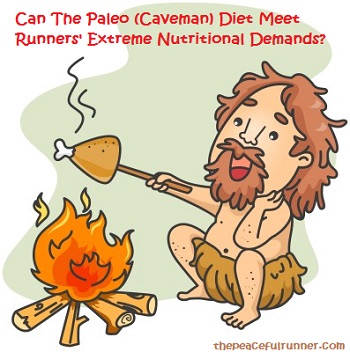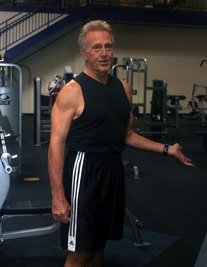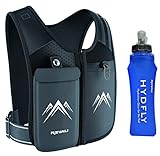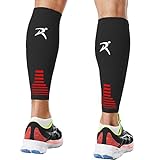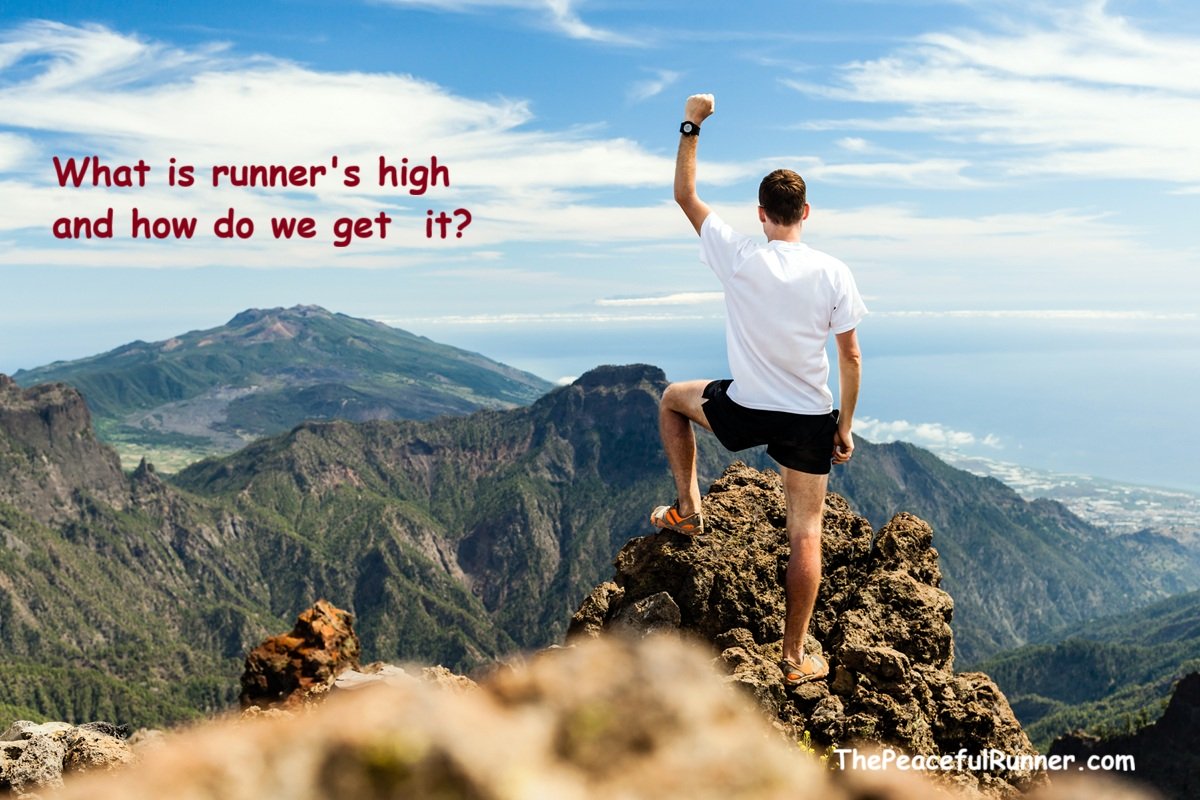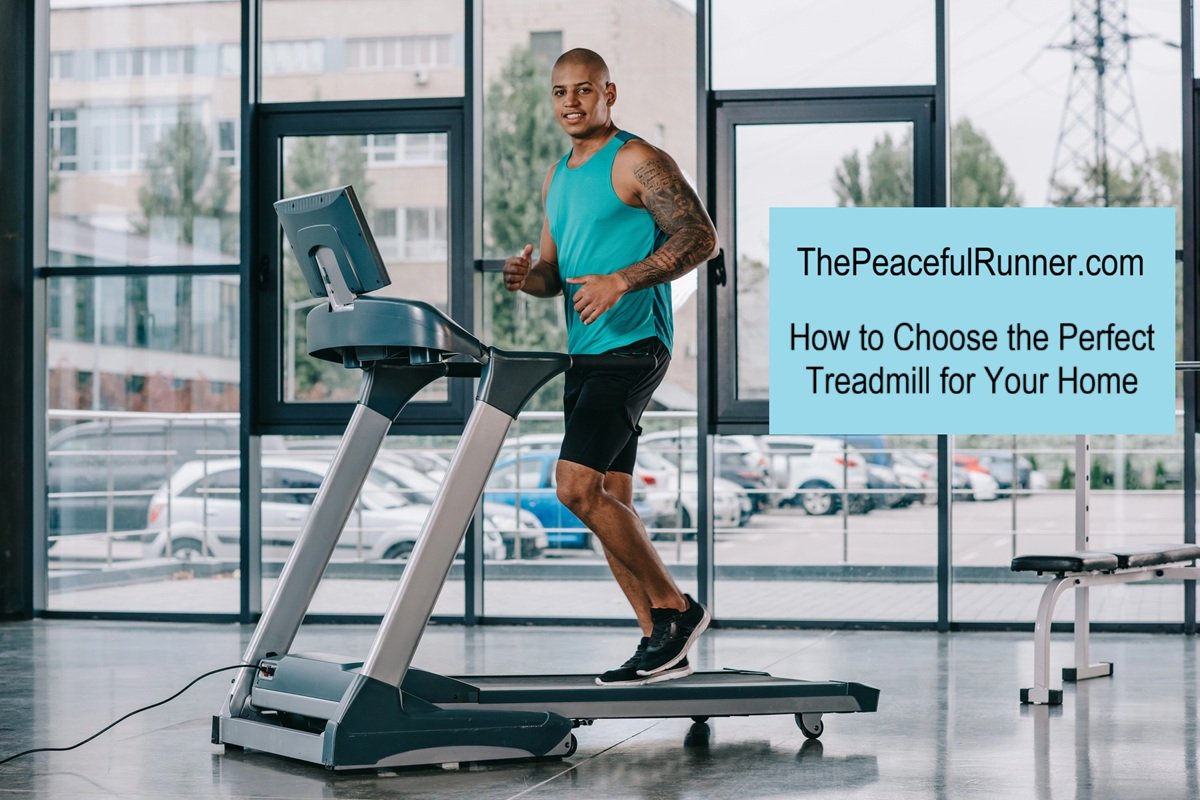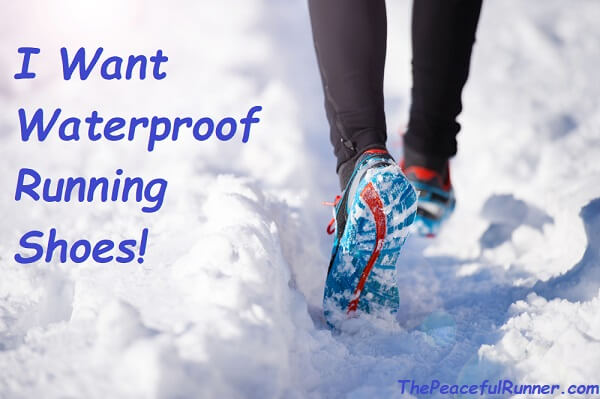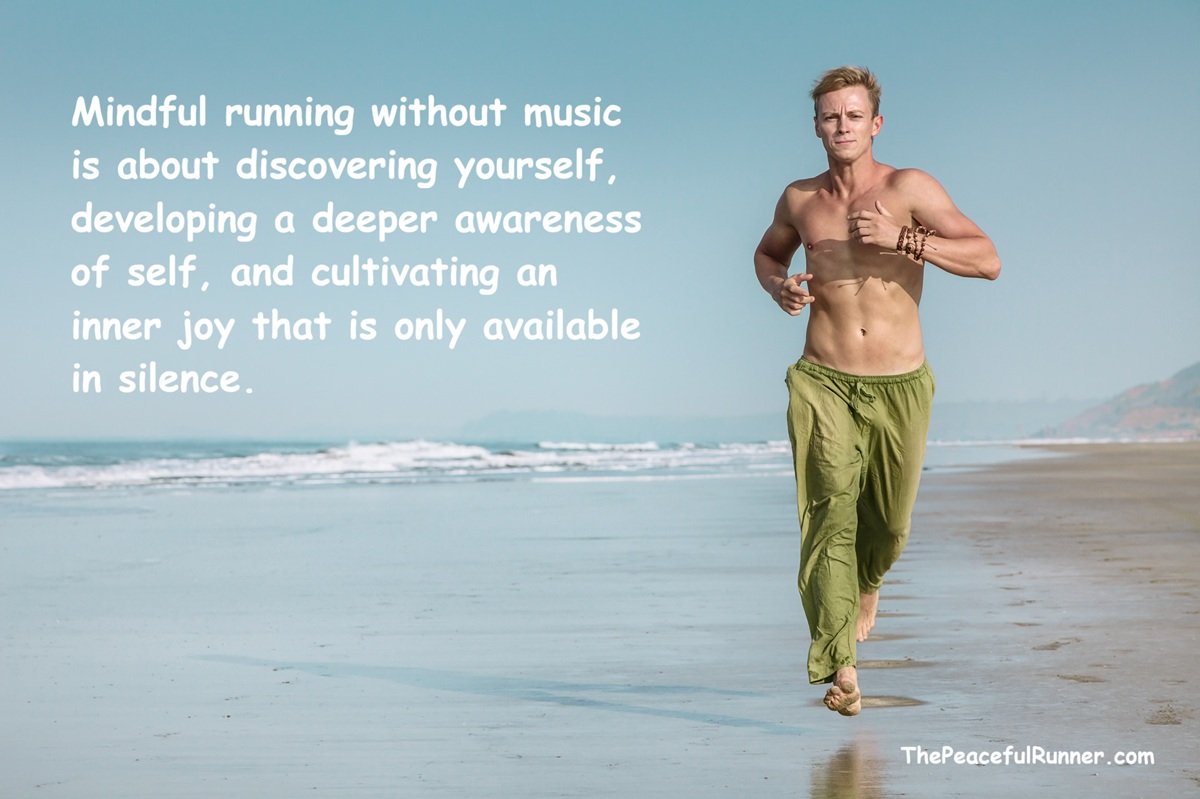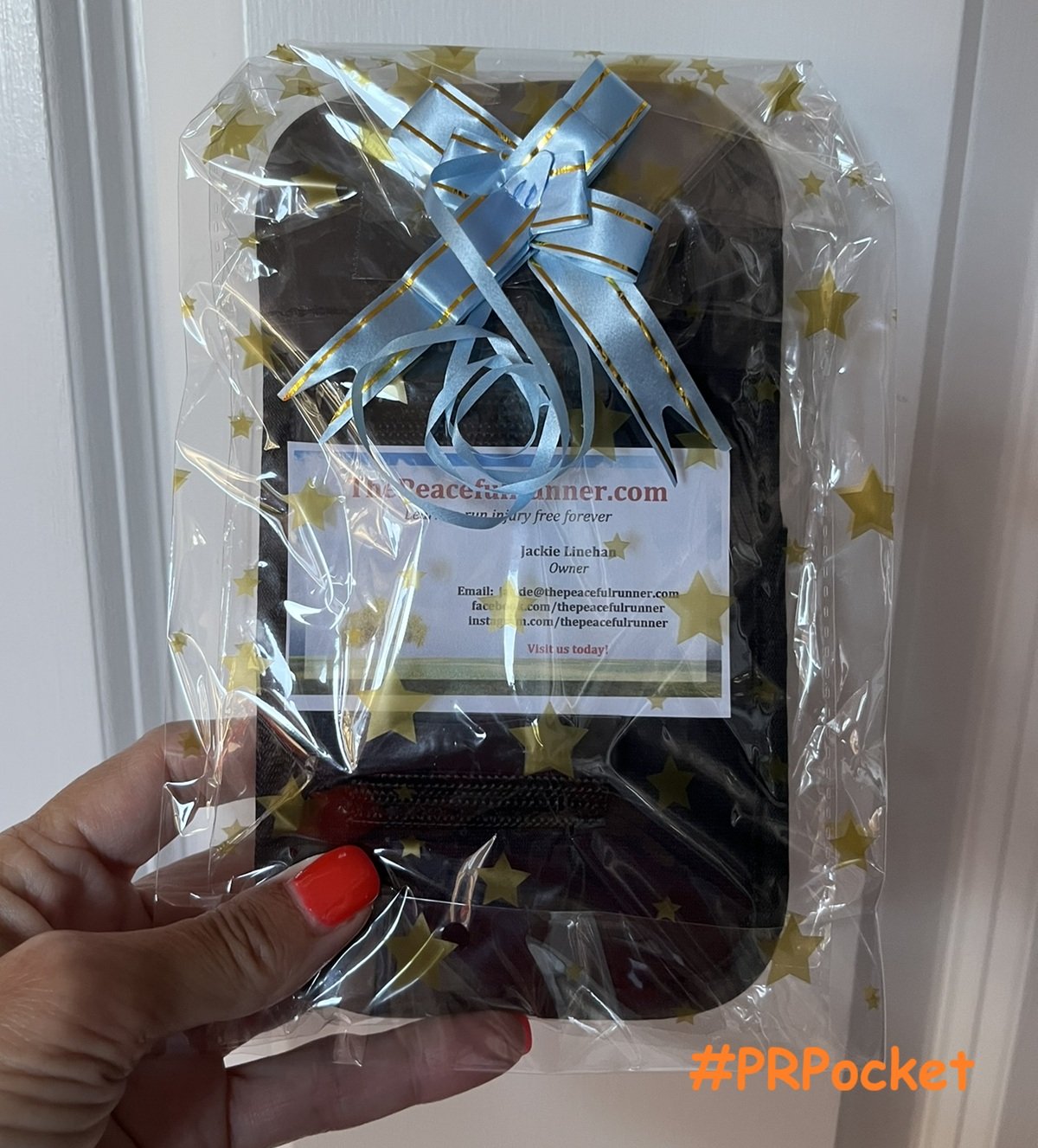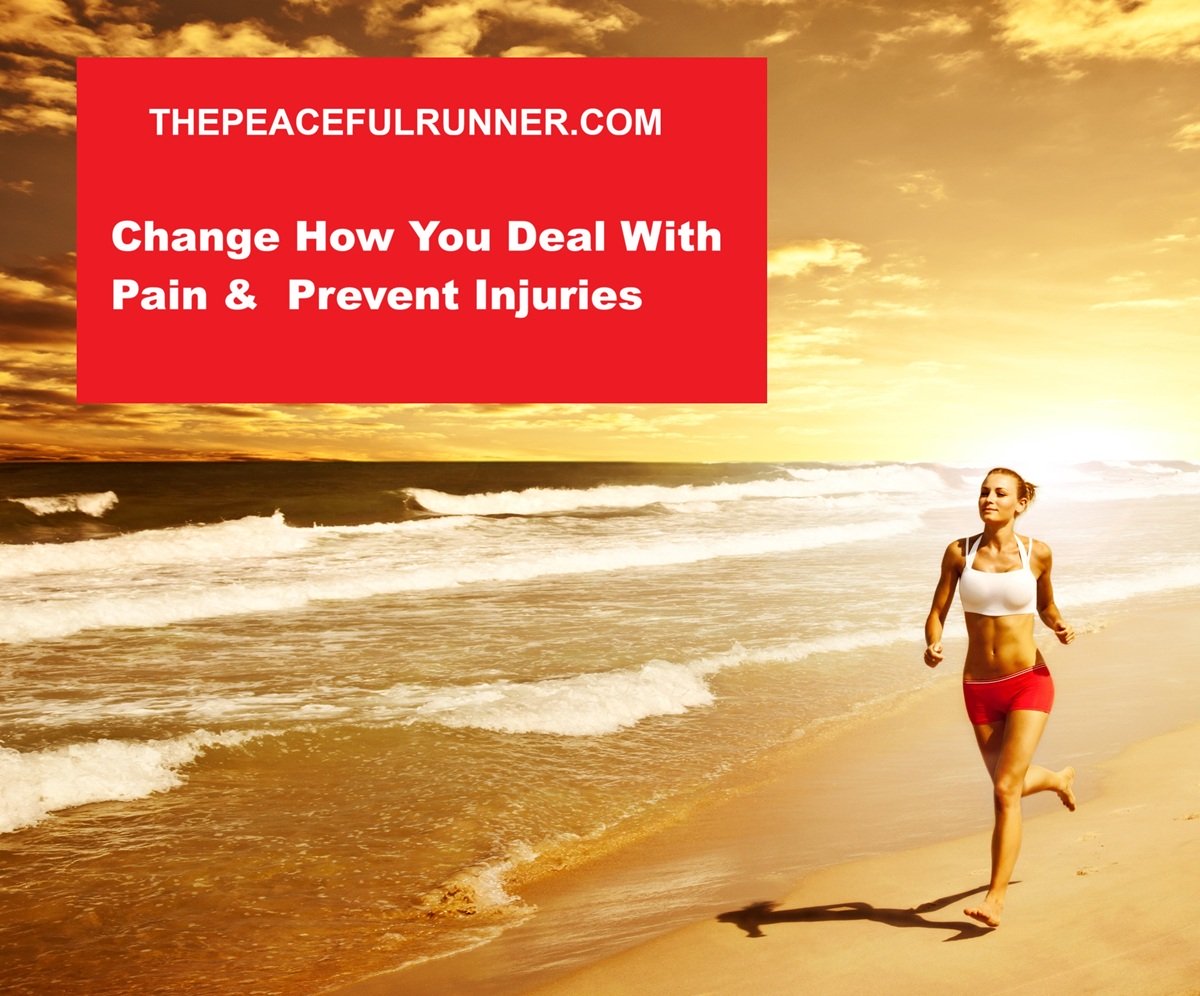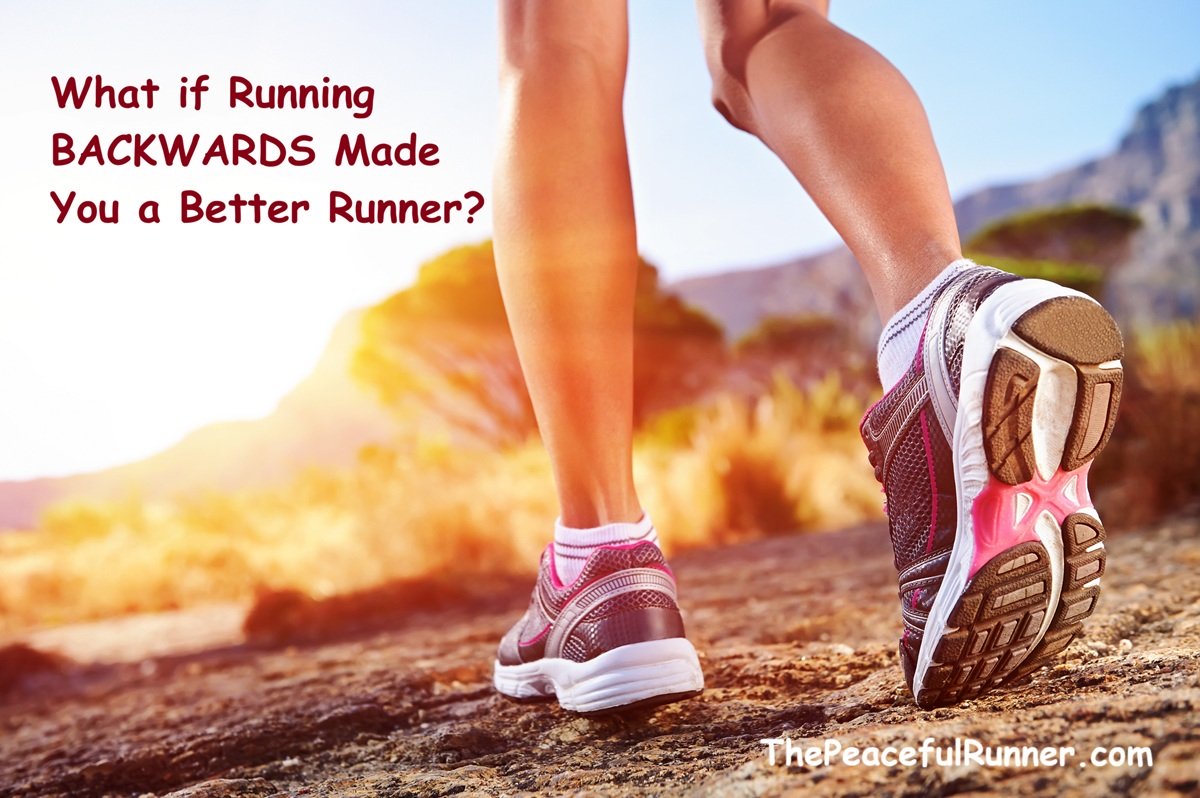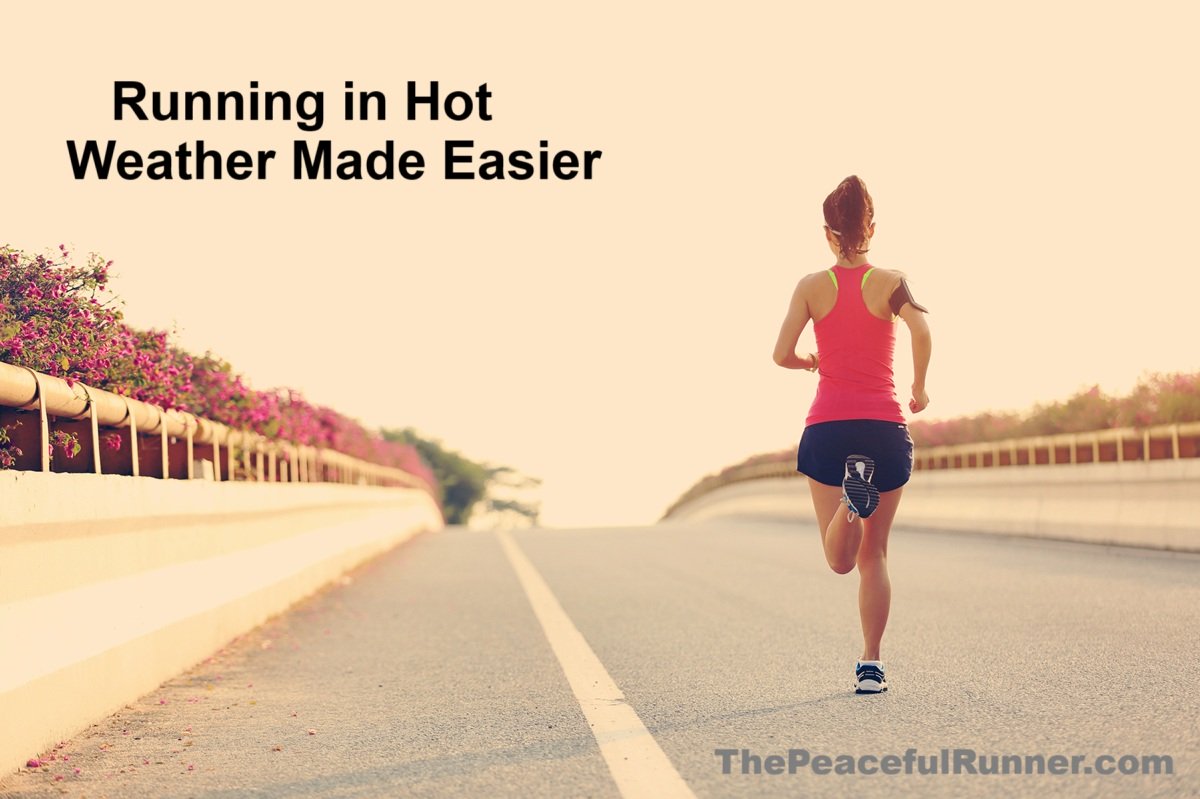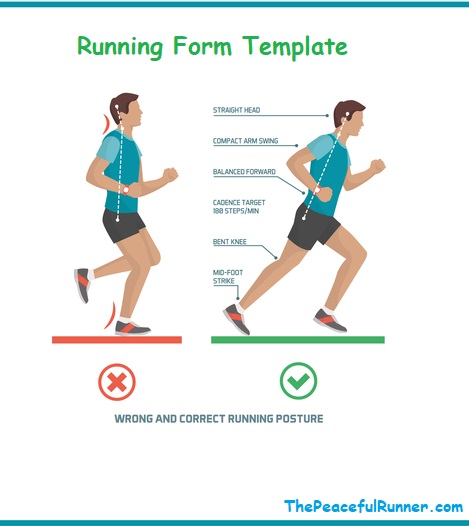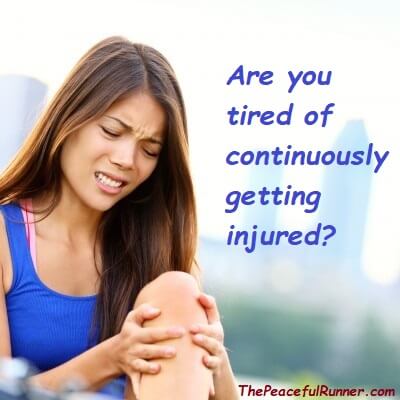Can the Paleo Diet Sustain Runners Nutritional Demands?
FTC Disclosure: As an Amazon Associate, I earn from qualifying purchases. Learn more
The Paleo diet for runners -- can it sustain the nutritional demands of runners? First of all, what is the Paleo Caveman Diet and why is it getting so popular? This diet is also referred to as the Paleolithic Diet, the Caveman Diet, the Stone Age Diet or the Hunter-Gatherer Diet.
The Caveman Diet focuses on the diet of our ancestors as they lived 2.5 million years ago during the Stone Age or Paleolithic Era. The diet includes no processed foods and no vegetable oils. The diet also excludes bread, pasta, rice, potatoes, grains, sugar, corn, legumes and wheat. The Paleo diet basically consists of lean meat (preferably from grass-fed animals), eggs, fish, non-starchy vegetables, fruits and nuts (except peanuts, which are really considered a bean).
Processed dairy foods should also be avoided. Some followers of the diet
do consume some dairy, but they only use products that contain full fat.
Vegetable oils are a no-no, but olive oil, canola oil, walnut oil,
avocado oil and flaxseed oil can be used in moderation.
It is
basically a high fat, high protein and low-carb diet, rich in vitamins
and fiber that some believe can teach your body to burn fat for fuel as there are
less carbs available for energy.
In 1985, Dr. Boyd Eaton and
Melvin Konner published an article in the England Journal of Medicine
regarding the foods available during the Paleolithic Era. They concluded
that the diet contained more vitamin C, fiber, calcium, iron, folate
and essential fatty acids, while containing less sugar, salt and
saturated fats. "The diet of our remote ancestors may be a reference
standard for modern human nutrition and a model for defense against
certain diseases of civilization!" (Eaton and Konner, 1985, p. 288).
The Paleo Diet for Athletes
The diet began to gain popularity with the release of a book in 2005 (updated 2010) by Dr. Loren Cordain and Joel Friel called, The Paleo Diet for Athletes: A Nutritional Formula for Peak Athletic Performance. The book is based on the premise that certain foods are optimal for humans and others are not. The optimal foods are the ones we have been eating for hundreds of thousands of years. As the human genome has had no significant change since then, our bodies will be healthiest if we consume a diet similar to the Stone Age. According to Dr. Cordain, these foods meet our nutritional needs.
The Agricultural Age and the domestication of animals have greatly changed our diets, but our bodies haven't adapted to process these foods healthily. The Industrial Revolution has also had an extreme affect on our diet with it processing techniques and rapid production methods. Could these drastic changes to our foods be contributing to the diseases of today, such as heart disease, cancer, high blood pressure, diabetes? Many of today's common food allergies are from foods that were not available to our ancestors, i.e. dairy, wheat, peanuts, soy.
Cavemen ate 3 times the protein, 1/2 the fat, 2 times the fiber and 4 times the amount of vitamin C that we consume today. Our bodies may be in conflict with the foods that we are eating as our genes are only adapted to a Stone Age diet. Genetic evolution happens very slowly, but the cultural evolution happened extremely quickly. However, the life expectancy of cavemen was only 25 years because they were exposed to environmental dangers such as viruses, germs or accidents. The diseases we have today did not exist. Nor did they suffer from depression or anxiety as do people in today's society.
Benefits of the Paleo Diet for Runners
According to Dr. Cordain, there are many nutritional benefits to following the Paleo diet or Caveman diet. Based on his scientific research, here are the main ones:
- Improves long term health
- Enhanced muscle development
- Strengthens the immune system
- Reduces inflammation and promotes healing
- Strengthens bones and muscles
- Reduces aging affect on bones and muscles
- Optimizes health and recovery from exercise
According to the book, endurance athletes should eat the same as our ancestors to meet training demands and to maximize performance. They need to eat more protein and fats and less carbs. Modern grains were only invented 10,000 years ago and our bodies have not evolved to process them healthily.
The Paleo Diet for Athletes: A Nutritional Formula for Peak Athletic Performance also suggests that serious athletes may need to bend the rules of the Paleo Diet slightly, since the demands of these athletes were not normal for our ancestors. Adjustments should be made on a limited basis to accommodate hard or long workouts or races to meet the extra demands of sustained high energy output and quick recovery. For more information on how to make adjustments, check out A Quick Guide for Athletes.
The following studies were conducted that help identify the benefits of following a Paleolithic diet:
Athletes Using the Paleo Diet
Joel Friel, co-author of The Paleo Diet for Athletes: A Nutritional Formula for Peak Athletic Performance, was initially skeptical about this very unconventional diet. He is an endurance athlete and has been training other endurance athletes since 1980. He first tried the diet to appease his neighbour and like most people who switched to the Caveman Diet, felt horrible for the first two weeks, but in the third week, that changed. He was able to increase his training by 50 percent and then another 50 percent in the fourth week. He has been an avid follower of the diet ever since.
This in-depth interview with masters runner, Rob Evans describes how he changed his diet and how following a caveman-like diet has helped him get faster and recover quickly. He explains in his answer to the second question.
Dr. Arthur De Vany is a former professional athlete and a respected scientist. He has been following the Paleo diet for over 30 years and is considered a patriarch of the Paleo movement. He is over 80 years old and is in fabulous condition with less than 8 percent body fat. He is 6'1" and 205 pounds. Dr. De Vany is a Professor at the University of California and is the author of The New Evolution Diet: What Our Paleolithic Ancestors Can Teach Us about Weight Loss, Fitness, and Aging.
He is also the author of The De Vany Diet: Eat Lots, Exercise Little - Shed 5 Lbs in 1 Week - Lose Fat, Gain Muscle, Look Younger, Feel Stronger.
Is the Paleo Diet for You?
As this unconventional diet gains in popularity, there is increasing evidence of its success. As we learn more about this primal diet and the primal lifestyle, maybe we will discover that it is not so absurd to act like a caveman after all.
If following the Caveman Diet promises weight-loss, lean muscle mass, optimal health and vitality, enhanced athletic performance and a decrease in the affects of aging, it is certainly worth considering.
You may also be interested in these articles:
Coconut Water for Hydration
Easy Homemade Hummous
Recent Articles
-
Have you ever had a run where everything suddenly felt effortless?
Dec 18, 25 11:01 AM
-
How to Choose the Best Treadmill for Your Home
Dec 10, 25 07:13 AM
-
Winter Running Tips and the Best Waterproof Running Shoes
Nov 15, 25 01:55 PM
-
When the Music Stops, Awareness Begins
Nov 05, 25 10:54 AM
-
Get yours in time for gift giving!
Oct 24, 25 12:32 PM
-
Change How You Deal with Running Pain
Oct 10, 25 08:53 AM
-
Surprising Benefits of Backwards Running
Sep 15, 25 12:40 PM
-
It's an Awesome Product!
Aug 28, 25 09:25 AM
I went out for a walk this morning and I used the #PRPocket for the first time. I had to check at least 3 times because I thought I lost my phone (iPhone -
Running in Hot Weather: What Every Runner Needs to Know!
Aug 14, 25 01:00 PM
-
Sick of Dieting? You’re Not Alone — And There Is a Better Way.
Jul 30, 25 12:18 PM

